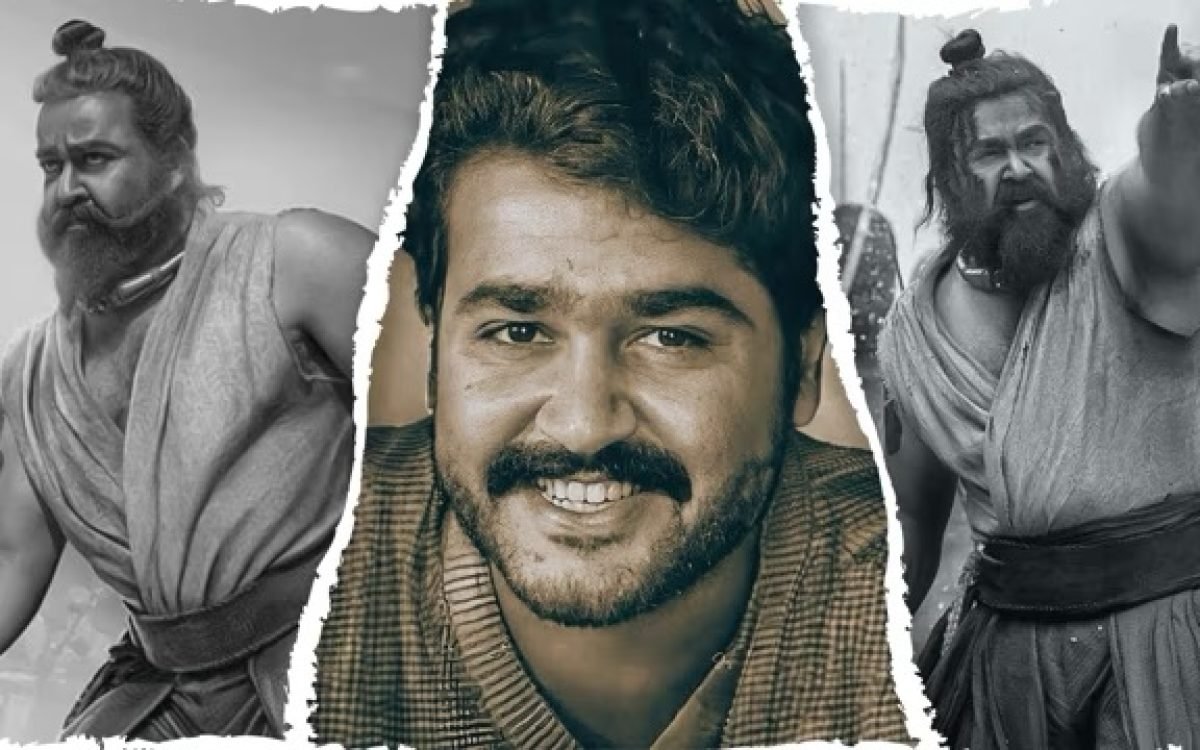Lijo Jose Pellissery’s “Malaikottai Vaaliban” emerges as a perplexing yet profound cinematic journey that defies conventional narrative expectations and challenges viewers to delve deeper into its layers of meaning and symbolism. While reactions to its theatrical release ranged from extreme polarisation to sudden adoration upon multiple viewings, the film’s enigmatic narrative and thematic complexity invite contemplation and interpretation.
At its core, “Malaikottai Vaaliban” unfolds the story of an all-powerful warrior, Vaaliban, portrayed with magnetic intensity by Mohanlal, who embarks on a quest for formidable opponents and the ultimate reward that awaits his victories. Divided into chapters, each representing a distinct battleground, the film navigates through Vaaliban’s relentless pursuit of glory and the internal struggles that accompany his outward triumphs.
Structured akin to a video game, Vaaliban’s journey mirrors the progression from lesser adversaries to formidable “bosses,” each confrontation posing greater challenges both externally and internally. Despite his indomitable physical prowess, Vaaliban grapples with existential conflicts and moral dilemmas that transcend the boundaries of mere combat.
The film’s timeless quality is underscored by its narrative framework, suggesting that Vaaliban’s battles extend far beyond the confines of linear time. From the opening scenes, where two donkeys tread a perpetual path around a rotary mill, to the cyclical nature of Vaaliban’s quest, the film evokes a sense of eternal recurrence and spiritual resonance.
What sets “Malaikottai Vaaliban” apart is its exploration of internal conflicts amid external confrontations. As Vaaliban confronts increasingly formidable adversaries, the battles transcend physicality, delving into the realm of the psyche and the soul. Each victory becomes a stepping stone towards self-realisation and enlightenment, as Vaaliban grapples with the weight of his own power and the consequences of his actions.
Central to the film’s thematic depth is the notion of tragedy, encapsulated in Vaaliban’s paradoxical fate of undefeated yet ultimately defeated. Despite his prowess in battle, Vaaliban remains haunted by the specter of loss and disillusionment, embodying the tragic hero archetype in his quest for glory and redemption.
In essence, “Malaikottai Vaaliban” transcends the boundaries of traditional storytelling, offering viewers a transcendent cinematic experience that blurs the lines between reality and myth, action and introspection. Lijo Jose Pellissery’s masterful direction and Mohanlal’s compelling portrayal elevate the film to a spiritual odyssey that resonates with audiences long after the credits roll.
As viewers navigate the labyrinthine depths of “Malaikottai Vaaliban,” they are invited to embark on a journey of self-discovery and enlightenment, grappling with existential questions and confronting the complexities of the human condition. In its exploration of power, destiny, and the eternal quest for meaning, the film emerges as a testament to the transformative power of cinema and the enduring allure of storytelling in all its enigmatic glory.









